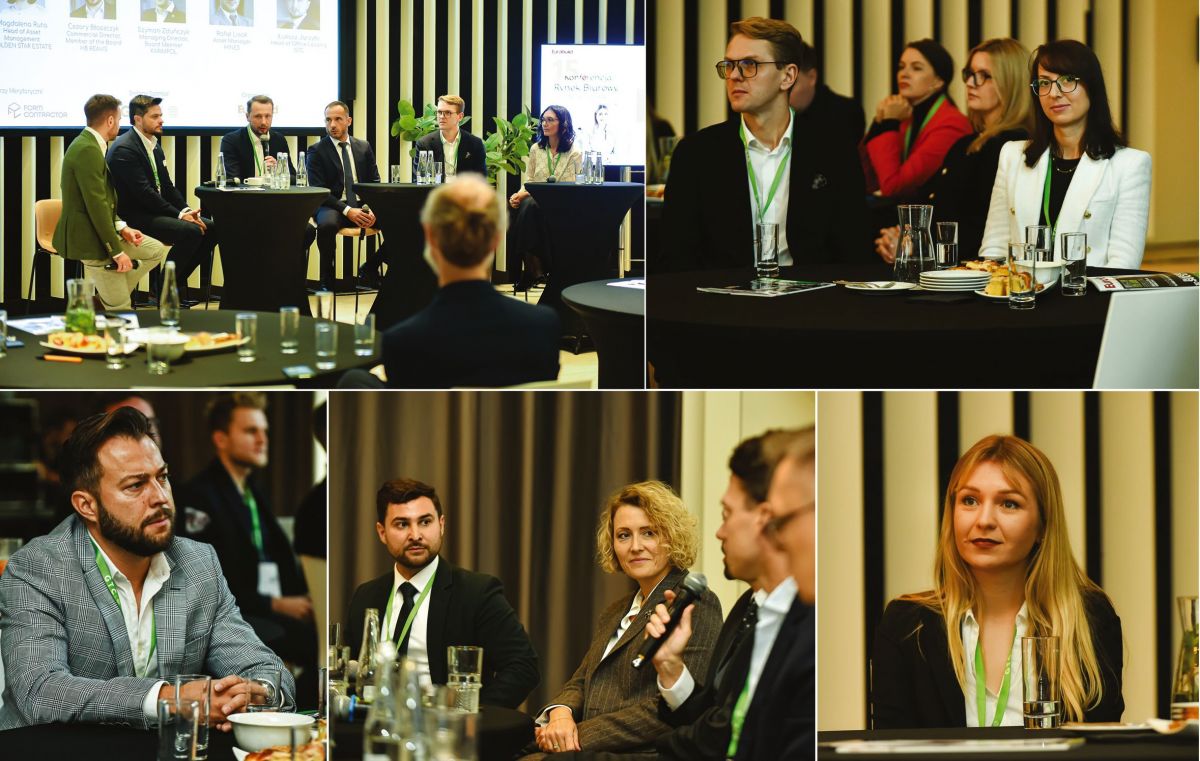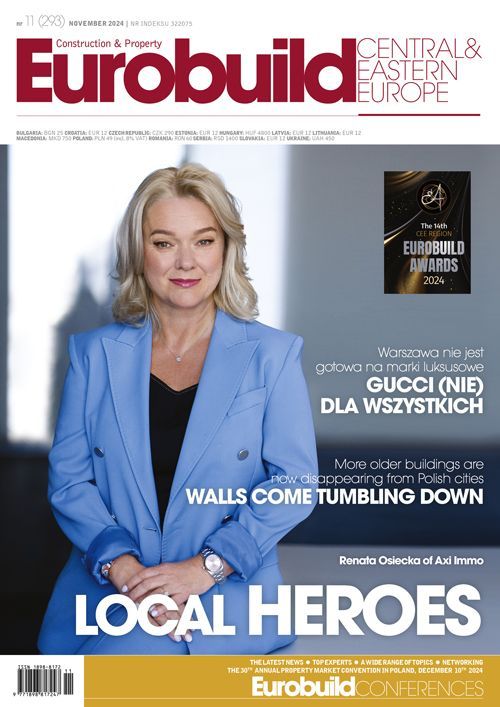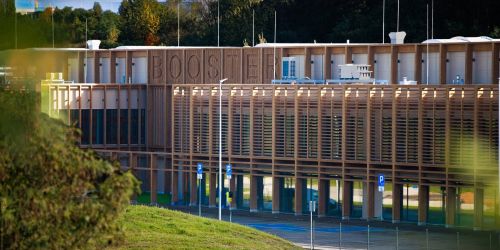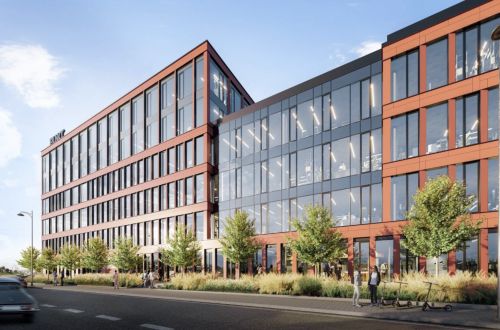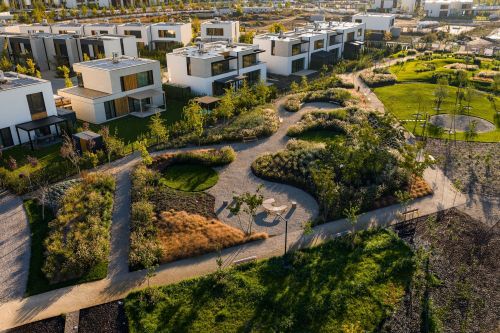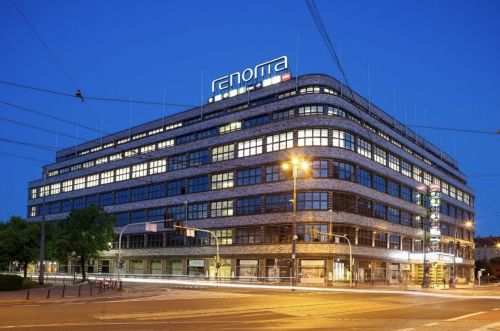On October 17th, ‘The 15th Office Conference: Trends and Forecasts’ took place at the Sound Garden Hotel in Warsaw. Those who took part were involved in a lively discussion about the current situation on the market and its future. They talked of the challenges and shared their assessments of what the future would bring. It was also an excellent opportunity to network. Many were optimistic, although two separate stories could clearly be heard. Even though the panellists gave the Warsaw market a 5 out of 5, they only awarded the regional market a 3. Outside Warsaw, the office market is still battling with the consequences of Covid.
But what basis is there for optimism or caution over the prospects of a return to form for the market? Do we have the data to precisely assess the situation? These are the questions that Piotr Smagała posed in the opening presentation of the conference. “Why do we need transparency in the commercial real estate market?” The managing d
